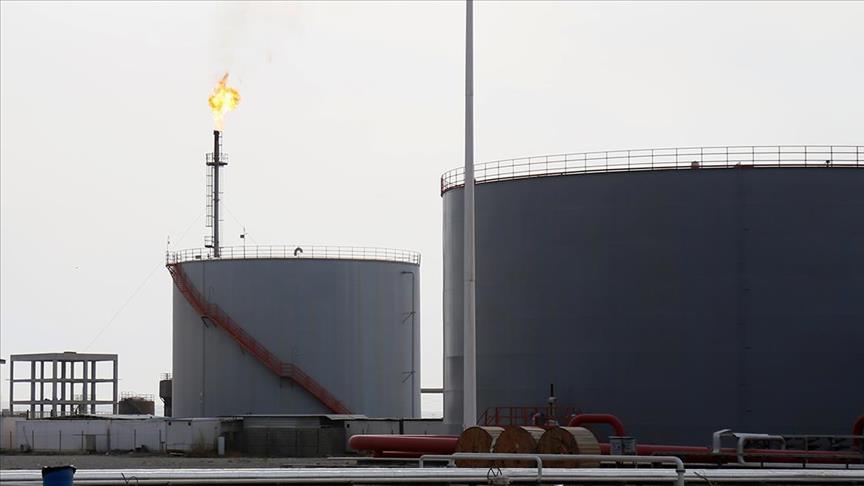Oil prices are set for a weekly gain for the week ending October 11 with continued fighting in the Middle East, the threat of Israel’s possible attack on Iran’s energy infrastructure and new economic stimulus package in China while poor economic data announced in the US capped further price increases.
The International benchmark Brent crude traded at $78.72 per barrel at 2.45 p.m. local time (1145 GMT) on Friday, up by around 0.8% relative to the closing price of $78.08 a barrel last week.
West Texas Intermediate (WTI), the American benchmark, traded at $75.22 a barrel at the same time on Friday, an increase of about 1.1% from last Friday’s session, which closed at $74.38 per barrel.
The fighting intensified in the Middle East, home to vast oil reserves, which fuels worries of a possible supply disruption.
The Israeli army said Monday it deployed a new division for its ongoing ground operations in southern Lebanon. In turn, Hezbollah announced more artillery and rocket attacks against the army sites and groups of soldiers.
On Tuesday the Israeli army claimed that it had killed a senior commander of Hezbollah group in an airstrike carried out in southern Beirut.
The Lebanese Hezbollah group announced Wednesday it had repelled two attempted incursions by Israeli forces into southern Lebanon with artillery and rocket fire. A second statement from the group detailed a similar confrontation in the town of Blida.
Hezbollah said Thursday it targeted a group of Israeli soldiers in vicinity of Al-Marj military site with rocket salvos.
While Lebanese Prime Minister Najib Mikati said on Friday that the country’s Foreign Ministry will submit a request to the UN Security Council for a complete and immediate cease-fire and for the implementation of UN Security Council Resolution 1701.
Also, the Iran-backed Iraqi militia group claimed on Friday drone attacks on ‘vital targets’ in Israel as the country continues air and ground attacks in Lebanon and Gaza. The Israeli army in a statement said it intercepted a drone that had breached Israeli airspace following the sounding of air raid sirens around the city of Ashkelon in southern Israel.
Tension between Israel and Iran reached new heights recently after Iran launched a missile attack on Israel on October 1.
According to Israeli media reports, Israeli Prime Minister Benjamin Netanyahu and US President Joe Biden discussed Israel’s possible retaliation against Iran during a phone call on October 9.
The news story on Walla News claimed Netanyahu and Biden are close to agreement on the scope of Tel Aviv’s possible attack plan.
Market players focus on the details of a new stimulus package expected to be announced over the weekend in China, the world’s biggest oil importer.
Meanwhile, positive economic developments in the US amid steady economic growth and low unemployment also aided the rise in oil prices early in the week. Price gain was later reversed by poor economic indicators released on Thursday.
Economic data announced in the US on Thursday pushed prices lower. The Consumer Price Index (CPI) in the US was above expectations with 0.2% on a monthly basis and 2.4% on an annual basis in September.
In addition, the number of people applying for unemployment benefits for the first time in the US increased to 258,000 in the week ending October 5, exceeding market expectations.
Experts say Hurricane Milton which hit Florida as a category 3 storm mid-week may also affect employment data in the coming weeks.

